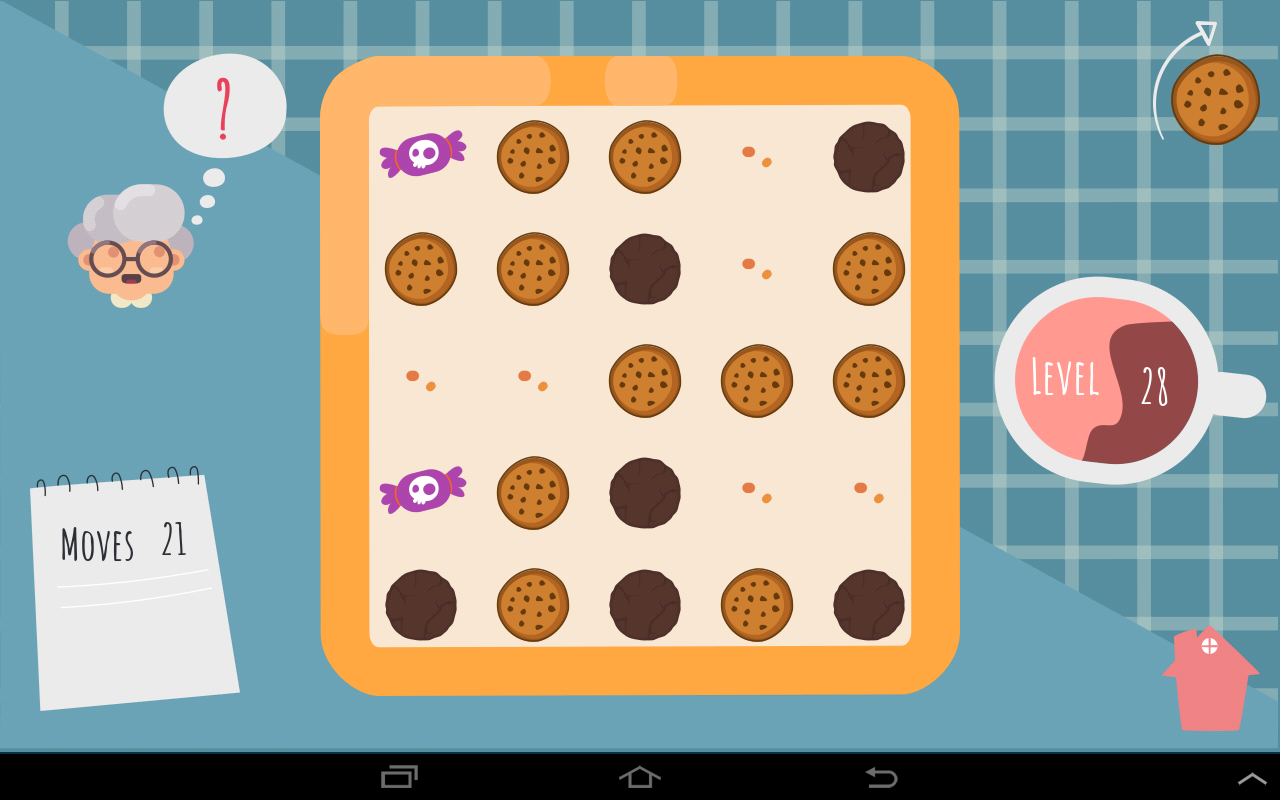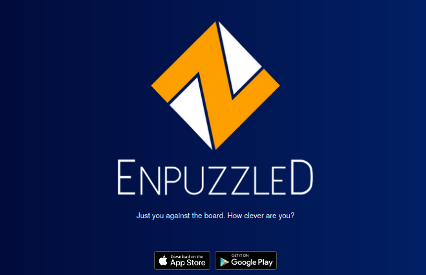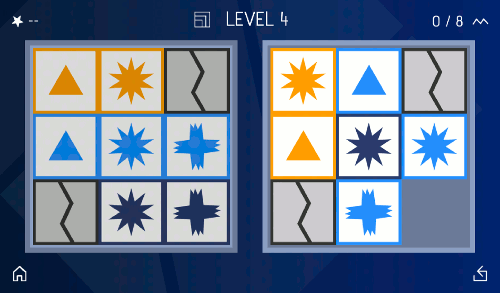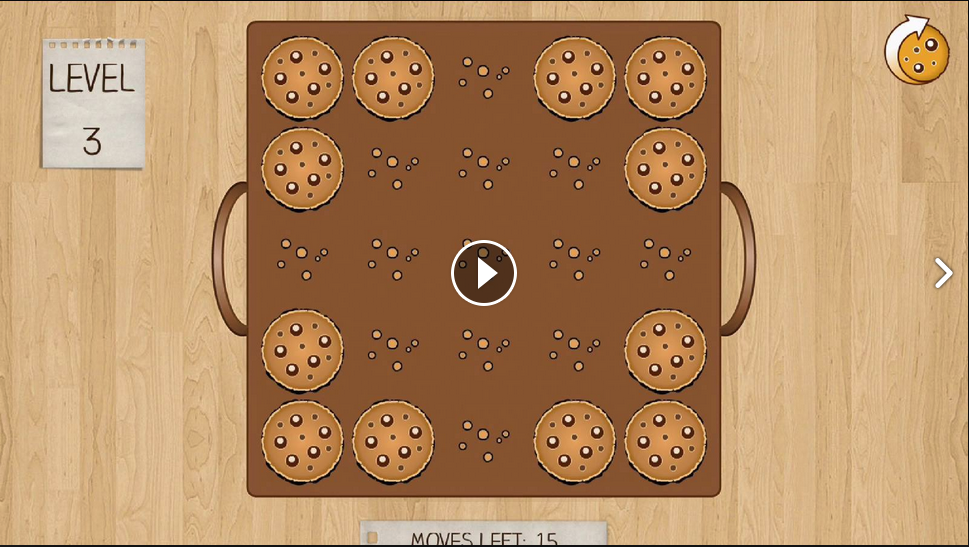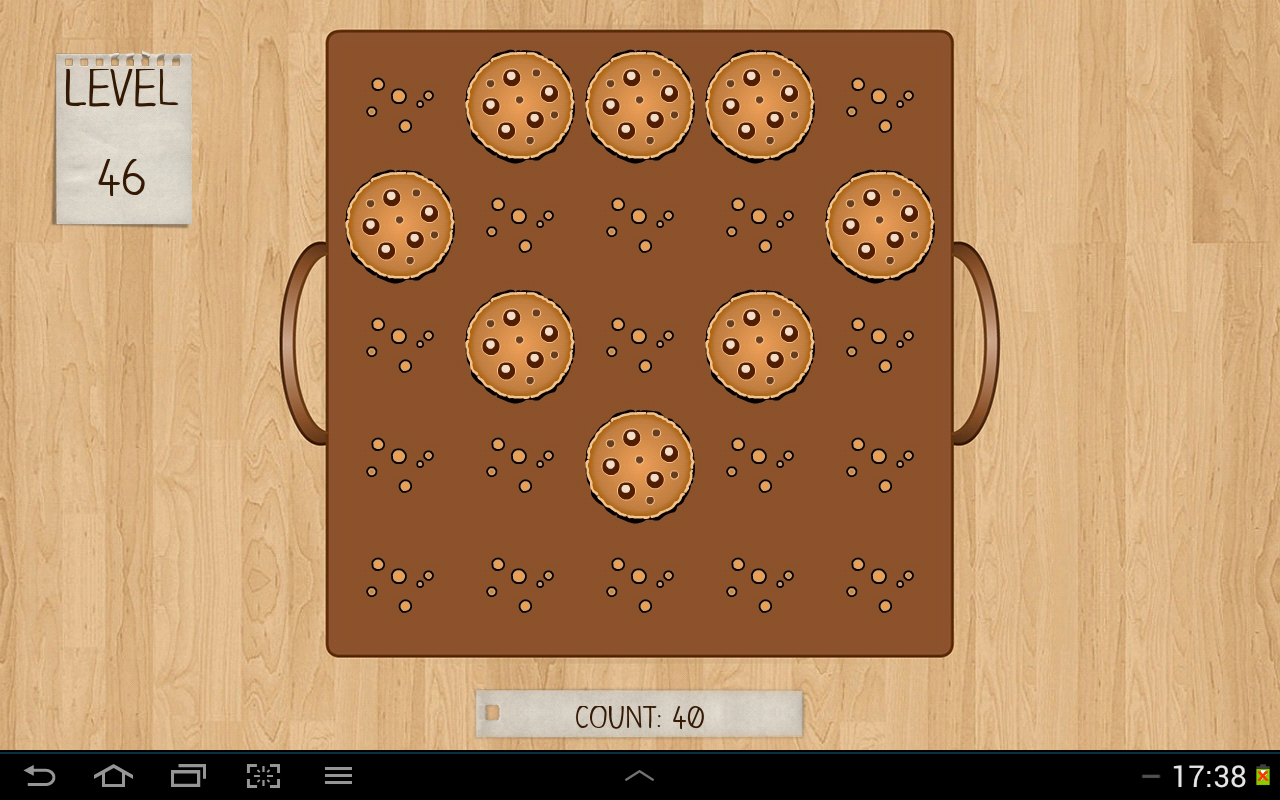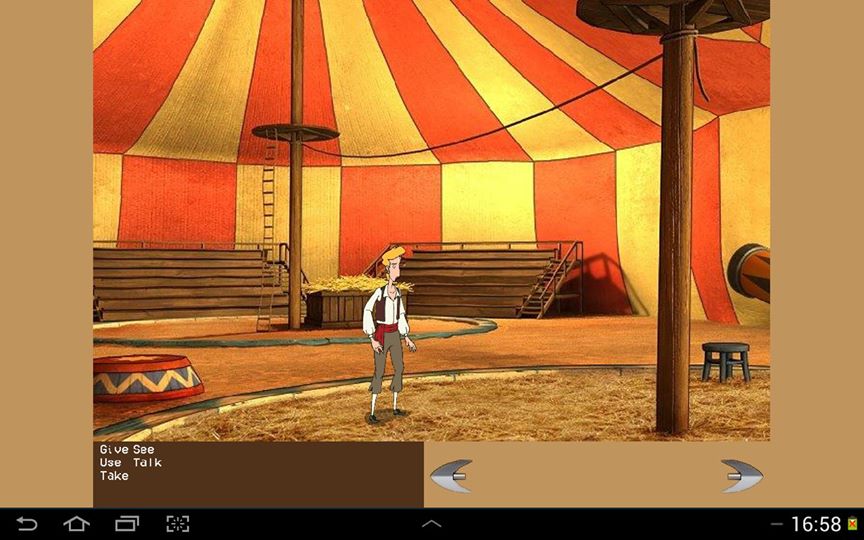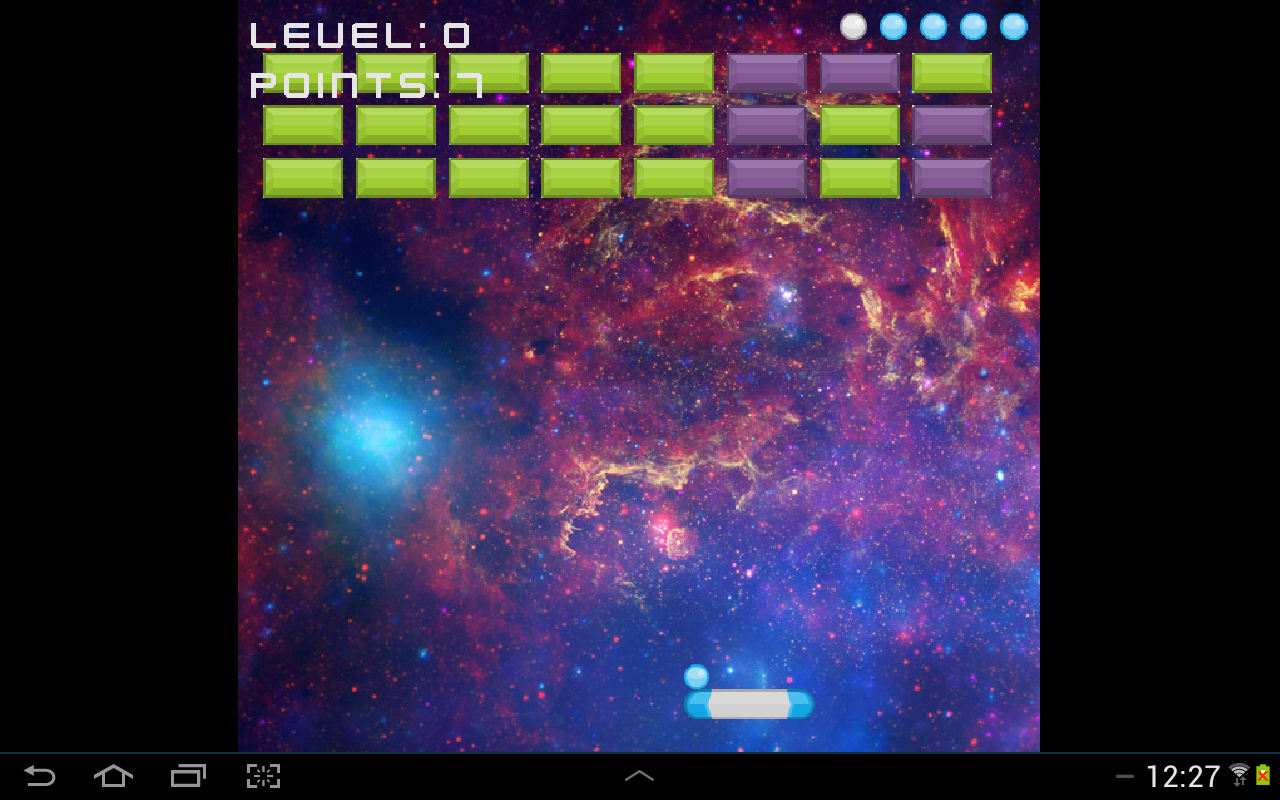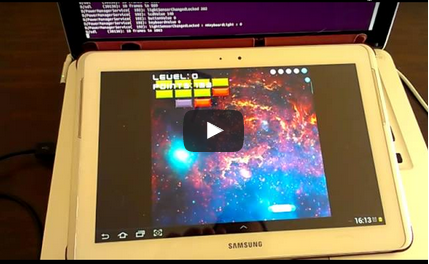Android
,
FRP
,
Functional Programming
,
Functional Reactive Programming
,
Game Programming
,
Games
,
Haskell
,
Ios
,
Mobile Apps
,
Reactive
New Game Magic Cookies 2 Released for iOS and Android
We are really happy to announce Magic Cookies 2, our latest game for Android and iOS. You can download the game here.
Magic Cookies 2 is the sequel to the classic Magic Cookies. We hope MC2 is a lot of fun. The levels in MC2 are a bit easier than the traditional Magic Cookies, but now feature animations, a beautiful design, in-game help, and more kinds of interactive elements.
...
Keera awarded Most Creative Games Development Company in UK
It is our pleasure to announce that we have been awarded Most Creative Mobile Games Development Company in UK at CV Magazine’s Technology Innovator Awards 2020.
We thank Corporate Vision for this fantastic award. We would also like to thank every single person who has helped us get here. We thank the players who buy our games, the beta testers who give us countless amount of feedback, and people who spread our message, helping us reach further and further. We also thank the people who work tirelessly to make Keera a reality, and those who keep opening their doors to us so that we can continue this incredible journey.
...
Android
,
Board Games
,
FRP
,
Functional Programming
,
Functional Reactive Programming
,
Game Programming
,
Games
,
Haskell
,
Ios
,
Iphone
,
Mobile Apps
,
Mobile Games
,
Mobile Haskell
Haskell Game Enpuzzled Released for Android and iOS
After two years of work, thousands of commits, and over 100 releases on iTunes and Android, we are very proud to release Enpuzzled, our latest game for Android and iOS. You can download the game here.
...
Android
,
Haskell
,
Ios
,
Mobile Apps
,
Mobile Games
,
Mobile Haskell
,
Open Source
Andronaut and Curiosity 0.9, Academy, and Open Source
If you have access to Andronaut and Curiosity, you may have noticed a new update in recent weeks: version 0.9. This version will be the final release candidate before version 1.0.
...
Android
,
Beta-Testing
,
Game
,
Games
,
Haskell
,
Ios
,
Iphone
,
Mobile Haskell
,
Yampa
Beta test mobile Haskell game Enpuzzled on iOS
Enpuzzled: Our new puzzle game for iOS and Android Are you interested in beta testing our new mobile Haskell game Enpuzzled on iOS?
...
Android
,
Board Games
,
Functional Programming
,
Functional Reactive Programming
,
Game Programming
,
Ios
,
Iphone
,
Parallel Haskell
,
Reactive
,
Yampa
Haskell on Android and iOS
We strongly believe that Haskell is one of the best choices for game and app programming. It’s declarative, it’s portable and it’s robust.
However, turning your Haskell code into an app that can be published on the App Store or Google Play for Android has always been painful. Over the years we’ve worked extremely hard to make this process smooth. Most of this has happened behind the scenes, and only two apps and a few papers have been published.
...
Android
,
FRP
,
Functional Programming
,
Functional Reactive Programming
,
Game Programming
,
Games
,
Haskell
,
Magic Cookies
,
Reactive
,
Yampa
Magic Cookies released on Google Play
We are pleased to announce that Magic Cookies! is now available on Google Play. The rules are simple: your objective is to remove all the cookies from the tray, but be careful: touching any position on the tray will toggle it, and also the one above, below, to the left and to the right. New cookies will appear where there were none, and existing cookies in those positions will disappear. Are you smart enough?
...
Android
,
FRP
,
Functional Programming
,
Game Programming
,
Games
,
Haskell
,
Yampa
More Haskell games, graphic adventure engine, running on Android
We are extremely happy to announce that we now have several Haskell games working on Android, including our Graphic Adventure engine. Also, we have just begun beta-testing one of the games with real users via Google Play (aka. the Android Market).
...
Android
,
FRP
,
Functional Programming
,
Functional Reactive Programming
,
Game Programming
,
Games
,
Haskell
,
Reactive
,
Yampa
From 60 Frames per Second to 500 in Haskell
Haskell is often advertised as fast, easy to parallelize and to optimize. But how much of that is really true? We are going to demonstrate it using a game we are building, including how many changes we had to introduce to increase the game speed by 700% on desktop, how we managed to go from increasing memory consumption in the order of hundreds of megabytes down to constant memory consumption of only 3MB. We’ll also see the impact it had on Android.
...
Android
,
FRP
,
Functional Programming
,
Functional Reactive Programming
,
Game Programming
,
Games
,
Haskell
,
Open Source
,
Reactive
,
Sdl
,
Yampa
Declarative Game Programming -- slides, videos and code
Earlier this month, Henrik Nilsson & Ivan Perez presented a tutorial at PPDP 14 on Declarative Game Programming.
The goal was to show how real game programming is possible in a purely functional, declarative way. One way of doing so, seeing games as networks of interconnected signals and signal transformers, results in clear, reusable, modular code.
To illustrate these ideas, a small but realistic game was demonstrated, featuring many of the complex elements found in arcade games: SDL graphics and sound, Wiimote controller, and differentiated subsystems for rendering and sound, game input, physics/collisions, game logic, etc. The game has several levels, each with its own background and music.
To help others interested in functional game programming, all the talk material have been made available, including the slides and the full game code.
...

